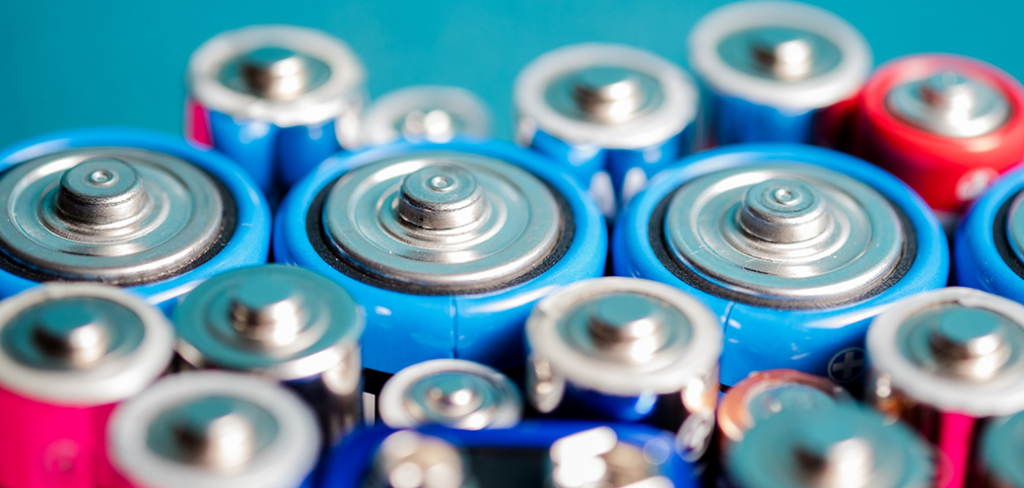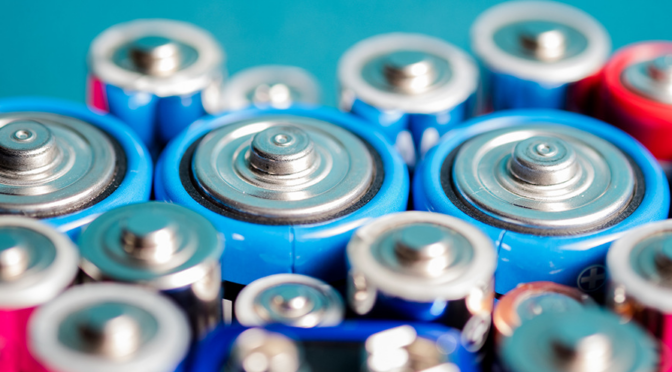Researchers at Binghamton University in New York have developed a new bio-battery that uses bacteria to generate electricity. The sustainable battery apparently has a performance of several weeks.
Scientists at New York’s Binghamton University have developed a new bio-battery that uses bacteria to generate electricity. This means that the batteries come without lithium or rare earths.

This is how the sustainable bio battery works
The bio-battery from the Seokheun Choi Electronics and Computers Laboratory uses three bacteria to generate energy. They are located in three separate, vertical chambers. They are square and about three centimeters in size.
“A photosynthetic bacterium produces organic food that is used as a nutrient for the other bacterial cells below. At the bottom is the electricity-producing bacterium, and the middle bacterium makes some chemicals to enhance electron transfer,” explains Choi.
In addition, the bio-battery can supply electricity for weeks. The sustainable battery is based on a so-called “plug and play” principle. This means that multiple bio batteries can be stacked and wired together.
Bio-battery powers small devices for weeks
Above all, Choi’s sustainable battery is intended to be an answer to how electricity can also reach remote places. In addition, small electronic devices and AIs require an autonomous energy supply around the clock.
That’s why Chois’ goal is to keep the battery small. “We call this intelligent dust and a few bacterial cells can generate enough energy to run it,” says the professor. The dust can then be scattered anywhere as needed.
In the future, Choi also wants to develop a battery pack that can float on water and manage itself. So if damage occurs in harsh environments, they will receive automatic repair.

















